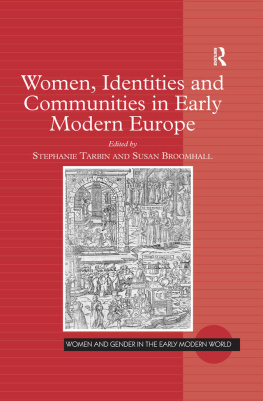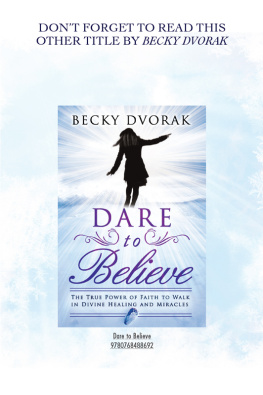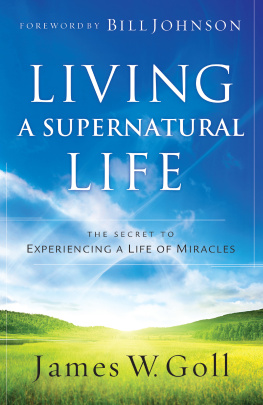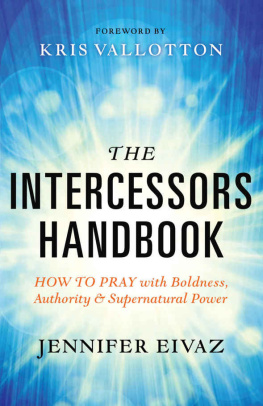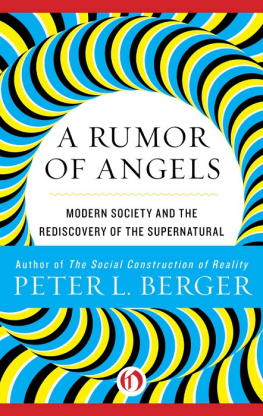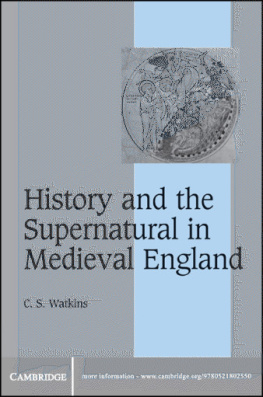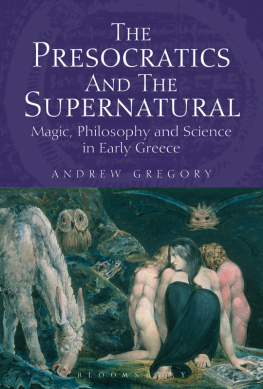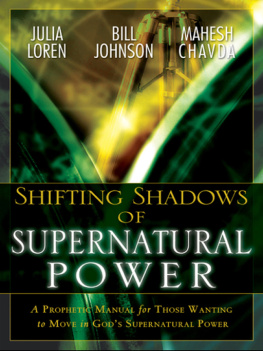SUPERNATURAL AND SECULAR POWER IN EARLY MODERN ENGLAND
Supernatural and Secular Power in Early Modern England
Edited by
MARCUS HARMES
University of Southern Queensland, Australia
VICTORIA BLADEN
University of Queensland, Australia
ASHGATE
Marcus Harmes, Victoria Bladen and the contributors 2015
All rights reserved. No part of this publication may be reproduced, stored in a retrieval system or transmitted in any form or by any means, electronic, mechanical, photocopying, recording or otherwise without the prior permission of the publisher.
Marcus Harmes and Victoria Bladen have asserted their right under the Copyright, Designs and Patents Act, 1988, to be identified as the editors of this work.
Published by
Ashgate Publishing Limited
Wey Court East
Union Road
Farnham
Surrey, GU9 7PT
England
Ashgate Publishing Company
110 Cherry Street
Suite 3-1
Burlington, VT 05401-3818
USA
www.ashgate.com
British Library Cataloguing in Publication Data
A catalogue record for this book is available from the British Library
The Library of Congress has cataloged the printed edition as follows:
Supernatural and secular power in early modern England / edited by Marcus Harmes and Victoria Bladen.
pages cm
Includes bibliographical references and index.
ISBN 978-1-4724-2940-7 (hardcover) ISBN 978-1-4724-2941-4 (ebook) ISBN 978-1-4724-2942-1 (epub) 1. Supernatural. 2. OccultismEngland. 3. Authority. 4. Political science. I. Harmes, Marcus K., editor.
BF1434.G7S87 2015
130.94209031dc23
2014030196
ISBN 9781472429407 (hbk)
ISBN 9781472429414 (ebk PDF)
ISBN 9781472429421 (ebk ePUB)
Contents
Victoria Bladen and Marcus Harmes
Glyn Parry
Pierre Kapitaniak
Michael Devine
Victoria Bladen
Fiona Martin
Catherine Stevens
Martin Dawes
Marcus Harmes
Charlotte-Rose Millar
Notes on Contributors
Victoria Bladen, University of Queensland
Dr Victoria Bladen has taught Shakespeare and literary classics at the University of Queensland, Australia, and has published three Shakespearean text guides in the Insight Publications (Melbourne) series: Romeo and Juliet (2010), Julius Caesar (2011) and Henry IV ).
Martin Dawes, Independent Scholar
Dr Martin Dawes holds a PhD in English literature from McGill University, where he investigated the ways in which the myth of Orpheus the enchanter served the poetics and politics of John Milton and his rivals. He has lectured on poetics at McGill, and has published articles in Milton Quarterly and Essays on Canadian Writing, as well as chapters in Milton in France (2008) and Shakespeare and Emotions: Inheritances, Enactments, Legacies (ed. Mark Houlahan, Katrina OLoughlin and Bob White, Palgrave, forthcoming). He has given conference papers and seminars at several international Milton symposia and meetings of the Shakespeare Association of America, the Renaissance Society of America, and the Australian and New Zealand Shakespeare Association. Now a resident of Sydney, Australia, he has recently completed a post-doctoral fellowship, funded by the Social Sciences and Humanities Research Council of Canada through the University of Toronto, on the uses of wonder in early modern English literature and culture.
Michael Devine, Victoria University, Wellington
Michael Devine is a graduate of Victoria University Wellington, where he completed degrees in Economics, Political Science, International Relations and a Masters degree in History under Professor Glyn Parry. His dissertation examined the alchemical and magical career of John Prestall, an infamous Elizabethan conspirator and magician. He is continuing his research into Prestall and the relationship between magic and politics in Elizabethan England, which will form part of his future doctoral research.
Marcus Harmes, University of Queensland
Dr Marcus Harmes lectures at the University of Southern Queensland. He has published extensively in British and Anglican studies. His monograph Bishops and Power in Early Modern England (Bloomsbury, 2013) surveys the application and the repudiation of bishops powers in sixteenth- and seventeenth-century England. A second monograph on adaptation theory in the field of cultural studies was published in 2014 by Rowman and Littlefield. He has produced a number of articles and book chapters on early modern and modern religious history.
Pierre Kapitaniak, University of Paris 8
Associate Professor Pierre Kapitaniak lectures in English literature at the University of Paris 8. He published a study on ghosts in early modern drama (Spectres, Ombres et fantmes: Discours et reprsentations dramatiques en Angleterre, Honor Champion, 2008) and co-edited, with Franoise Lavocat and Marianne Closson, a volume on demonology and literature (Fictions du diable: dmonologie et littrature, Droz, 2007). He has recently published an EnglishFrench critical edition of Thomas Middletons The Witch (Classiques Garnier, 2012) and is currently working on a French translation of Reginald Scots Discoverie of Witchcraft.
Fiona Martin, University of Waikato
Dr Fiona Martin gained her doctorate at the University of Waikato, in Hamilton, New Zealand, in 2011. She is the author of articles on early modern drama, in Early Modern Literary Studies (Special Issue 19, 2009), and Rapt in Secret Studies: Emerging Shakespeares (ed. Darryl Chalk and Laurie Johnson, Cambridge Scholars Publishing, 2010). Other publications include: book reviews in the Journal of New Zealand Literature (2011) and the Australasian Journal of American Studies (2011); a chapter in Fanpires: Audience Consumption of the Modern Vampire (ed. Gareth Schott and Kirstine Moffat, New Academia Press, 2011); and a co-authored article (by Jason Waterman, with Jan Pilditch) in the Australasian Journal of American Studies (2011). She is currently contributing to an essay collection entitled Steampunks and Times Transshifters: Histories, Genres, Narratives: An Essay Assemblage, to which she will contribute an article on G.W. Dahlquists Glass Books Trilogy.
Charlotte-Rose Millar, University of Melbourne
Charlotte-Rose Millar is a PhD candidate in the Centre of Excellence for the History of Emotions and is based at the University of Melbourne. Her research focuses on early modern English witchcraft, diabolism, popular print and emotional experience. She has published on the role of the familiar in English witchcraft, the links between witchcraft and sexual deviancy and witchcraft as a conspiratorial activity. Charlotte-Rose has received two prizes for her published work, the Don Yoder Prize in Religious Folklife by the American Folklore Society (2011) and the University of Melbourne Fellows Prize (2011). Both were for her article on the witchs familiar (The Witchs Familiar in Sixteenth-Century England, Melbourne Historical Journal, 38 (2010): pp. 11936).
Glyn Parry, University of Roehampton
Professor Glyn Parry gained his undergraduate degree and PhD from Cambridge University and is currently Professor of Early Modern History at the University of Roehampton in Surrey. He is a Fellow of the Royal Historical Society and published The Arch-Conjuror of England: John Dee
Next page

